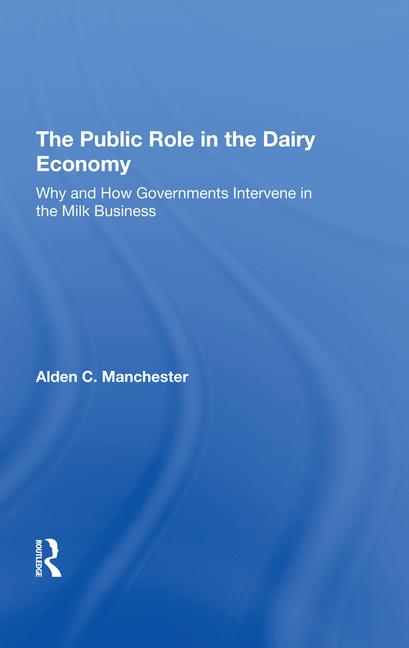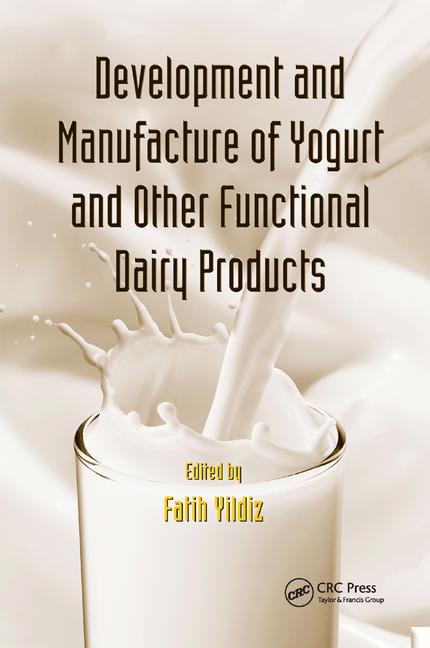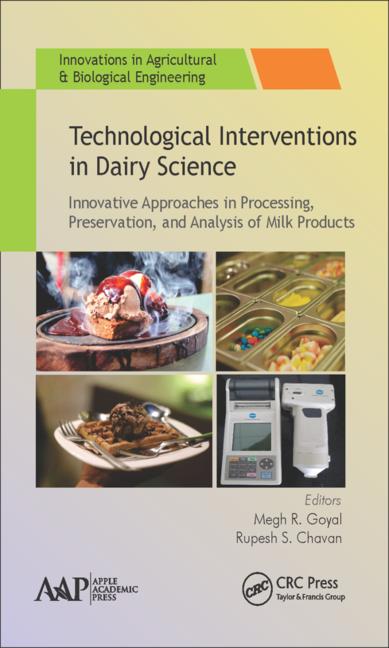The 3 Fs of FSMA: frustrating, fizzling, fantastic

The Food and Drug Administration’s Food Safety Modernization Act is approaching its third birthday in January and the dairy industry, state regulatory agencies and some of FDA’s staff are still uncertain as to what FSMA is all about.
When signed by President Obama on Jan. 4, 2011, news stories popularized the notion that FSMA would significantly shrink this statistic from the Centers for Disease Control and Prevention: approximately 1 out of 6 Americans are victims of food poisoning every year.
Yet, just in the last three months, there have been significant recalls of cantaloupe (third year in a row), a 26-state outbreak of cyclospora (617 illnesses) possibly linked to bagged salad, more than one recall of European-style soft cheeses, maple butter (metal fragments) and multiple allergen labeling failures (some related to the use of dairy ingredients).
Has FSMA fallen victim to bureaucratic fizzle, Obama administration fickleness and consumer group frustration? Is there time for FDA and FSMA to recover and become a “fantastic” food regulatory program? In this environment, how can the dairy processing industry make advanced preparations to move food safety programs toward FSMA compliance?
Further complicating FSMA and the dairy industry’s advanced preparation was a June 21 ruling by a federal judge in California that directed FDA to:
- Publish all proposed regulations that have not yet been published by Nov. 30, 2013
- End the public comment period on all regulations by March 31, 2014
- Publish all final regulations no later than June 30, 2015.
(These proposed and pending regulations include foreign supplier verification programs, preventive controls for animal feed, protection against intentional adulteration, laboratory accreditation and sanitary transportation of food.)
The most impactful pending regulation for dairy plants covers updated GMPs, requiring a complete hazard analysis for each finished product and written risk-based preventive controls, known as HARPC. The preventive controls regulation requires all dairy plants to have in-place an operating HACCP program with the seven principles that are supported by written programs covering Supplier Management, Allergen Control, Product Traceability, Recall Plan, Food Defense, Employee Training (GMPs, HACCP, sanitation, allergens, environmental monitoring, food defense, food regulations, chemical use) and Processing Equipment Cleaning & Sanitizing.
New wrinkles in GMPs
In addition, the existing food good manufacturing practices (cGMPs) are being replaced by a completely new section that will be identified as 21 CFR 117. These new cGMPs cover federal requirements related to dairy plant construction, equipment construction, facility and equipment cleaning, employee hygiene, process operations including temperature management.
Among the many new “117” wrinkles is a requirement that every dairy plant employ a “qualified individual” who will be responsible for that plant’s FSMA program. This qualified individual will be required to have proof of training on FSMA’s Preventive Controls and new cGMP or demonstrate experience.
FDA has created a Food Safety Preventive Controls Alliance (FSPCA) at the Illinois Institute of Technology, Chicago, to build a training curriculum that qualified individuals can take to meet the requirements. This training curriculum will be released publicly soon after the Preventative Controls regulation is finalized, with training certificates provided by the Association of Food & Drug Officials.
A potentially significant problem for Grade A dairy plants is that at this time, they will have to comply with the Pasteurized Milk Ordinance requirements and with the FSMA Preventive Controls and new cGMPs. There could be regulatory conflicts and plant managers might find themselves caught in the middle between state dairy regulators and FDA district inspectors.
The National Conference on Interstate Milk Shipment’s Liaison Committee has been working to develop a comparison between the PMO and the FSMA Preventative Controls which is intended to be the basis of written comments to FDA on the Preventive Controls regulation. Hopefully, FDA will understand this potentially serious regulatory duplication and allow Grade A dairy plants a partial or full exemption from the FSMA requirements.
The FDA FSMA regulations are a moving target. The dairy industry is putting pressure on FDA to slow down, while consumer groups, Congress and a federal judge are saying “speed up.”
Dairy plants need to make changes in their food safety programs starting now. You can’t wait for the FDA, the World Trade Organization or NCIMS to sort things out. Dairies need to allocate additional amounts to food safety budgets because it appears that 2014-2015 will have FDA positioned to begin enforcing FSMA requirements in dairy plants.
For additional information, review the CFSRS website www.cfsrs.com. Listen to my webinar, archived on dairyfoods.com.
Allen R. Sayler is vice president of the Center for Food Safety & Regulatory Solutions, Woodbridge, Va. Contact him at asayler@cfsrs.com.
Looking for a reprint of this article?
From high-res PDFs to custom plaques, order your copy today!








